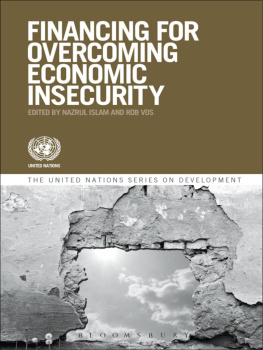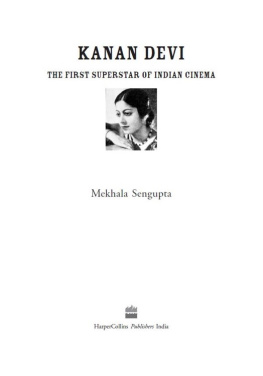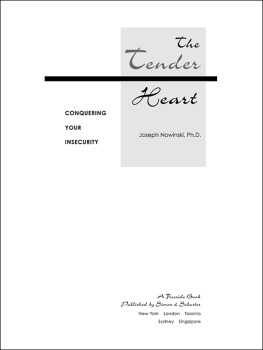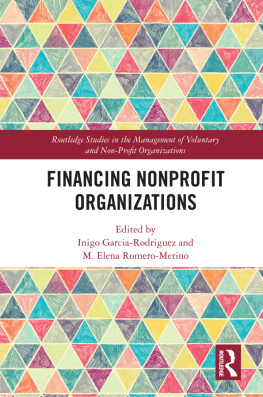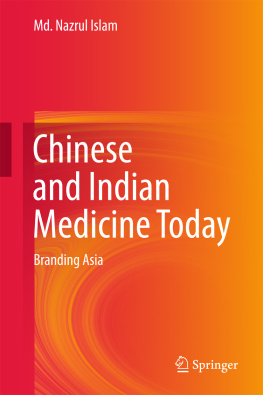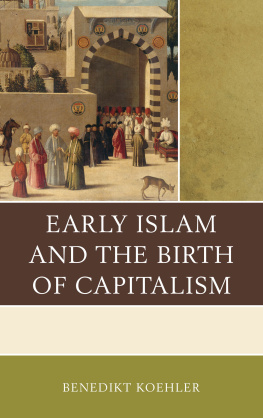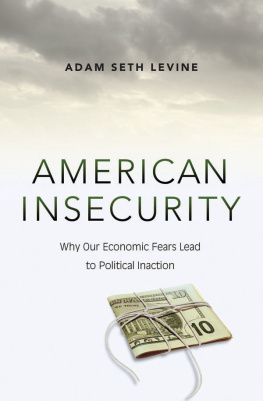Financing for Overcoming Economic Insecurity
Financing for Overcoming Economic Insecurity
Edited by Nazrul Islam and Rob Vos
Published in association with the United Nations
New York, April 2015
Bloomsbury Academic
An imprint of Bloomsbury Publishing Plc
Contents
Economic insecurity remains a persistent feature of life in both developed and developing countries. In fact, the combination of economic insecurity and high mean income is one of the paradoxes of recent times. How economic insecurity can be overcome therefore remains a pertinent question engaging the minds of policy makers and the common people alike. The global financial crisis and the Great Recession in developed countries and their continued aftermath have further vindicated the importance of the question of economic insecurity and ways of overcoming it.
This book is a contribution to the knowledge pool that is necessary to answer this question. Its chapters are derived from a set of background papers that were written for the United Nations flagship report, World Economic and Social Survey, devoted to the issue of economic insecurity. Several personnel changes and administrative and financial hurdles delayed the publication of this volume. However, given the topicality of its subject and the recent nature of the data, information, and analysis presented in its chapters, this book is as relevant now as it would have been a few years ago.
As this volume finally gets published, we would like to thank the authors, first, for writing the background papers, second, for cooperating with the editing of their papers, involving significant shortening and other modifications, and, third, for being patient to allow various hurdles to be overcome and the publication process to be completed. We hope that their effort and perseverance will be paid off by the impact this book will have both on policy making and on further research on the subject.
Taking the opportunity, we would also like to thank staff members of Development Policy Analysis Division (DPAD), who were part of the writing team for World Economic and Social Survey, and the participants of the Expert Group Meetings that were held to discuss these background papers. The chapters of this book benefited from their comments and suggestions. Finally, we would like to thank the staff members of DPAD/DESA and DPI of the United Nations who interfaced with the publisher and gave the last push needed to bring this volume out.
Nazrul Islam is the chief of the Global Economic Monitoring Unit of the Development Policy Analysis Division (DPAD) of the Department of Economic and Social Affairs (DESA) of the United Nations and a research fellow of the Asian Growth Research Institute (AGI), Kitakyushu, Japan. E-mail: islamn@un.org
Rob Vos is currently the director of the Gender, Equity and Rural Employment Division of the Food and Agriculture Organization (FAO) in Rome. Previously, he was the director of the Development Policy and Analysis Division (DPAD) at the Department of Economic and Social Affairs (DESA) of the United Nations. E-mail: rob.vos@fao.org
Yilmaz Akyz is the chief economist of South Centre, Geneva, and former Director, Division on Globalization and Development Strategies, UNTAD. E-mail: yilmaz.akyuz@bluewin.ch
Armando Barrientos is a theme coordinator at the Chronic Poverty Research Centre (CPRC) at the Manchester University, UK. E-mail: armando.barrientos@manchester.ac.uk
Daniel Clarke is Lecturer in Actuarial Science, Department of Statistics, Oxford University. E-mail: Clarke@stats.ox.ac.uk
Stefan Dercon is a professor of development economics at the Department of International Development, Oxford University. E-mail: stefan.dercon@economics.ox.ac.uk
David Hulme is the associate director and theme coordinator of the Chronic Poverty Research Centre (CPRC) at the Manchester University, UK. E-mail: david.hulme@manchester.ac.uk
Joanne Linnerooth-Bayer is the leader of the Risk and Vulnerability Program (VAP) of the International Institute of Applied Systems Analysis (IIASA), Laxenberg, Austria. E-mail: bayer@iiasa.ac.at
Reinhard Mechler is a research scholar at the Risk and Vulnerability Program (VAP) of the International Institute of Applied Systems Analysis (IIASA), Laxenberg, Austria. E-mail: mechler@iiasa.ac.at
William Milberg is a professor of economics at the New School of Social Research, New York, USA. E-mail: milbergw@newschool.edu
Karen Moore is a research associate at the Chronic Poverty Research Centre (CPRC) at the Manchester University, UK. E-mail: karen.moore@manchester.ac.uk
Paul Mosley is a professor of economics at the University of Sheffield. E-mail: p.mosley@shef.ac.uk
Deborah Winkler is a consultant at International Trade Department of the World Bank. E-mail: dwinkler2@worldbank.org
Nazrul Islam
United Nations, Department of Economic and Social Affairs
Rob Vos
Food and Agriculture Organization (FAO)
One of the recent paradoxes is simultaneous increase in economic insecurity and per capita income. This paradox is true for both developing and developed countries. In developed countries, one reason for greater insecurity is increased (at least perceived) volatility of income. Even a billionaire may feel insecure if there is a strong chance for his or her portfolio value getting wiped out shortly. The second reason for heightened insecurity in developed countries is unequal distribution. Income growth in most of these countries in recent years was concentrated in the very upper echelons of income distribution. A vast number of people in developed countries live from pay check to pay check, and they are haunted by the prospect of losing their job.
Increased volatility and unequal distribution lie at the root of rising insecurity in developing countries too. Financial deregulation eased the movement of capital around the world. However, the procyclicality of these capital flows has become an increasing source of macroeconomic volatility in most developing countries. As a result, livelihood in these countries has become insecure even for those who are above the poverty line. While the standard trade theory suggests that increased openness will lead to greater use of labor and hence rise of labor income share in developing countries, this has generally not happened. Instead, globalization has been associated with rise in inequality in developing countries too. Since their per capita income is low, unequal distribution in these countries implies that significant portions of their populations lie at or below the poverty level. For these people, economic insecurity is a permanent or chronic feature of life.
Increased economic insecurity is harmful for human welfare in several ways. First, job and income insecurity affects directly the material and psychological well-being of a person. Second, economic volatility and high uncertainty generally exert negative influence on productive investment, thereby hurting long-term development prospects. Reducing insecurity is therefore an urgent necessity for both short-term relief and long-term growth.
However, formulation of policies necessary for reducing and coping with insecurity requires adequate understanding of the causes of insecurity and of steps and measures that have proved successful so far. This book aims at enhancing that understanding by presenting a set of chapters focused on economic insecurity problem and the policies that may be pursued to overcome the problem. These chapters were originally written as background papers for the UN annual flagship report,


